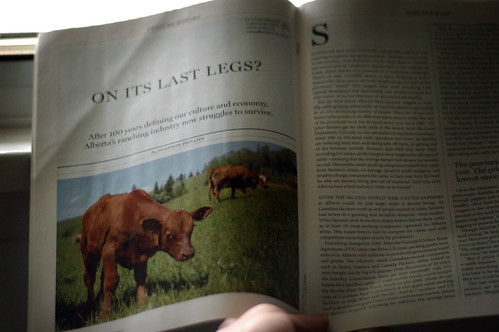I just finished reading (and loving) Malcolm Gladwell’s newest book, Outliers, and I highly recommend it. I’ve just now had a chance to catch up with his New Yorker articles, the latest of which asks the question, what do football and dogfighting have in common? The answer: somebody’s getting hurt for somebody else.
“They cleared me for practice that Thursday. I probably shouldn’t have. I don’t know what damage I did from that, because my head was really hurting. But when you’re coming off an injury you’re frustrated. I wanted to play the next game. I was just so mad that this happened to me that I’m overdoing it. I was just going after guys in practice. I was really trying to use my head more, because I was so frustrated, and the coaches on the sidelines are, like, ‘Yeah. We’re going to win this game. He’s going to lead the team.’ That’s football. You’re told either that you’re hurt or that you’re injured. There is no middle ground. If you are hurt, you can play. If you are injured, you can’t, and the line is whether you can walk and if you can put on a helmet and pads.”
